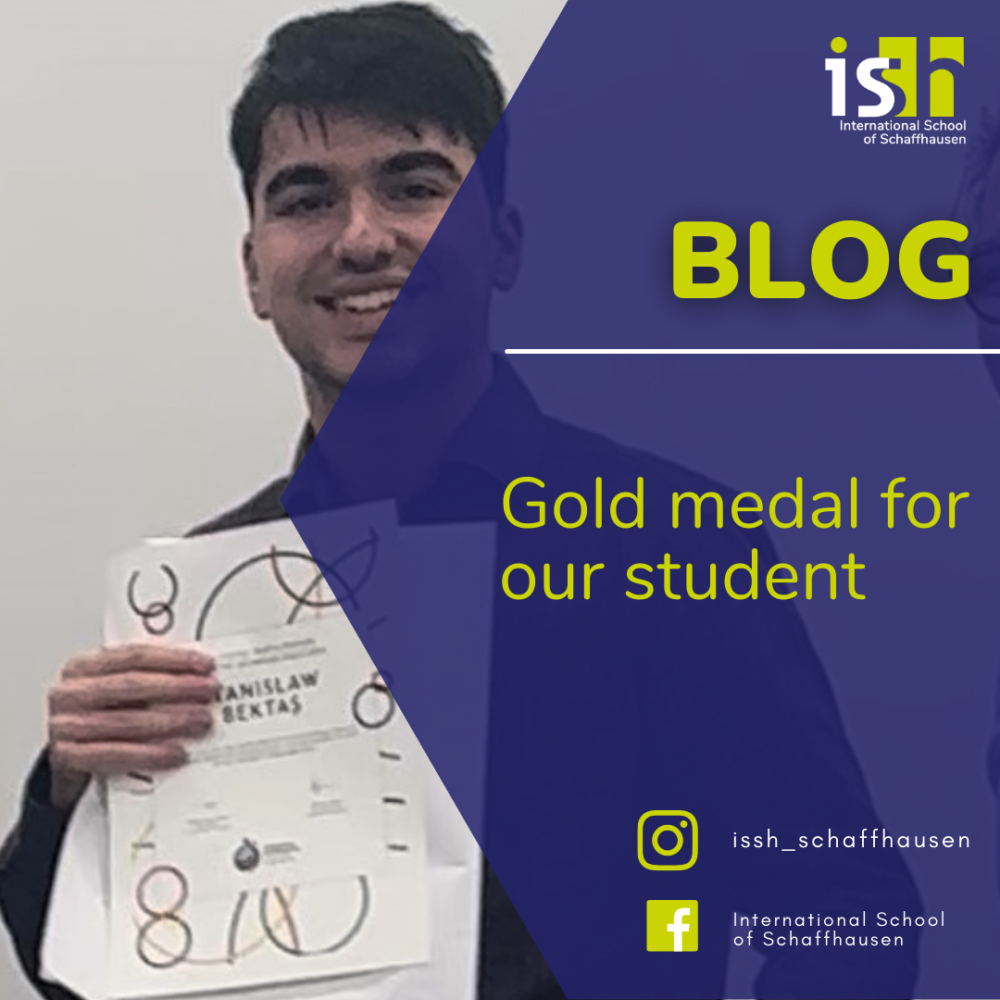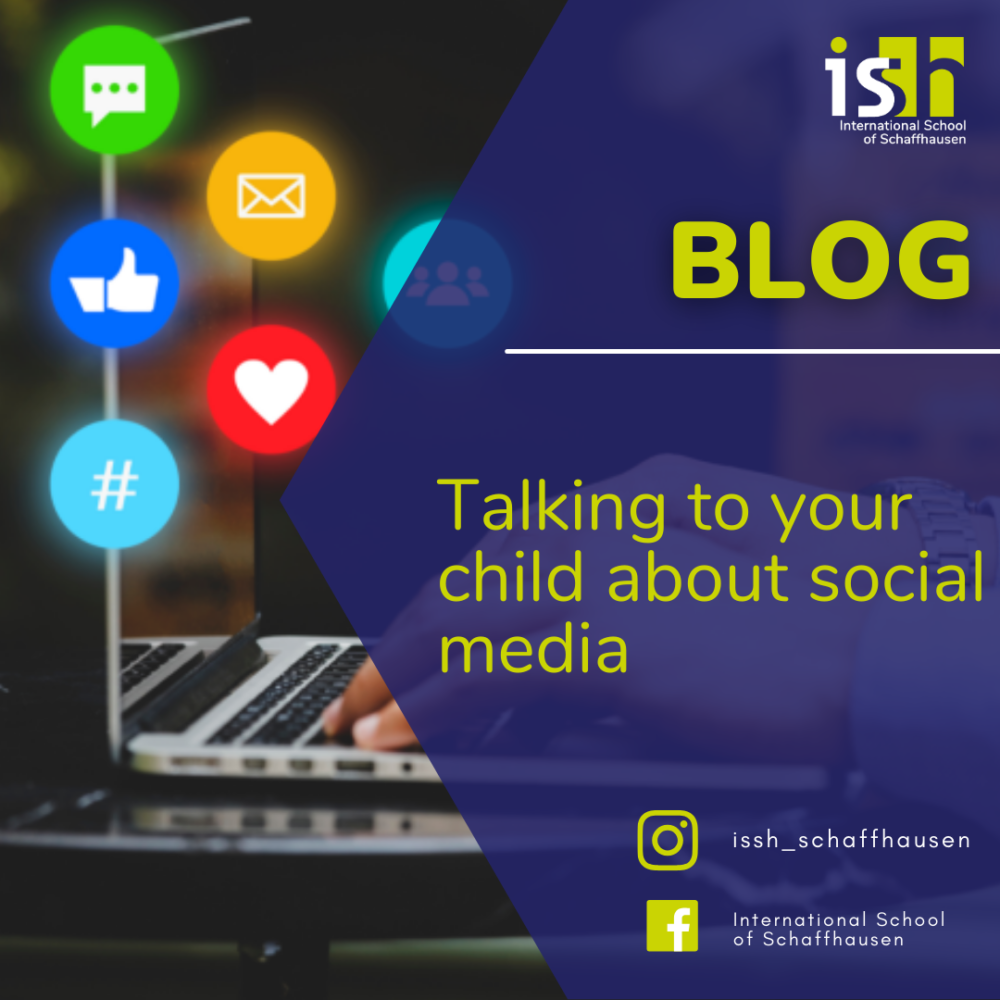Our teachers are the most important ingredient in our recipe for success. A school cannot be successful without outstanding educators. Our teachers love their work and the development of each individual child is close to their hearts. We would like to introduce you to our teachers. We would like to thank Gemma Jamieson for agreeing to answer a few questions about her work at the International School of Schaffhausen.
How long have you been working at ISSH and why did you choose this school?
Originally, I wanted to return to my home country, the UK, in August 2017 after working at an international school in Shanghai. But then I took a look at the ISSH website and was thrilled. The school’s philosophy and core values immediately piqued my interest. According to Ralph Waldo Emerson’s guiding principle ‘Each Mind has its Own Method’, students at ISSH are encouraged to recognise their uniqueness as a special gift – a credo that immediately appealed to me.
What age group do you teach?
I currently teach the transition class, which is attended by children aged 5-6 years. Next year I will be working with children between 3 and 6 as the head of the new bilingual Early Learning Centre.
What is particularly important to you when dealing with the children?
In order to meet the individual needs of the children, it is especially important to build a strong bond with them. I explore the children’s interests and motivation in order to then create the best conditions for learning in each case.
What is your teaching approach?
As a teacher for young children from the age of three, I focus on natural curiosity and the spirit of discovery. Children want to discover the world around them – this is where we can pick them up, expand their experiences and incorporate specific challenges. It is important that everything takes place in a playful setting. “Learning through Play” is the name of this approach. Every moment is a potential opportunity to advance children’s understanding of the world. For example, we playfully re-enact a typical family situation at lunch or discuss table manners at snack time. Throughout the day, we encourage the children’s independence, communication skills and social interaction.
How do you recognise and encourage individual talents in your pupils?
This year I have some children in my class who have a particular talent for maths and love the ‘extra hard’ tasks. In order to encourage them and support them in their further development, they can organise their learning themselves within a framework that I set. I use playful approaches and ensure that they can show their mathematical understanding in real-life situations. For example, I involved them in evaluating a vote on favourite books.
Why do you like teaching at ISSH?
I like the warm and family atmosphere at ISSH. The team of teachers makes the school something very special for me. Their interaction with the children is exemplary, they all act very reflectively and design their lessons with a lot of heart and soul.
What do you think of the bilingual concept?
The bilingual teaching concept places language at the centre of learning. The children have the opportunity to discover a new language environment and to use their language of choice – German or English – in a playful setting. They learn a second language at a young age, which brings many advantages later on. Studies have shown that bilingual education of young children brings social and intellectual benefits.





